POLICY PRIORITIES
Promote climate-smart, environmentally sustainable practices
SUMMARY
Of critical importance to note, the emissions profile for agriculture and fisheries differs from that of the economy as a whole. Appropriate management of agriculture and fisheries is also a critical piece of ensuring that our land, plants, and oceans act as “carbon sinks,” – i.e., things that absorb more carbon from the atmosphere than they release. Sustainable crop and livestock management can greatly increase carbon sequestration in agricultural soils. In fact, if 100% of Rhode Island farms incorporated better management practices that had the potential to remove carbon from the atmosphere including non-till, legume cover cropping, and spreading more compost, it would remove 94,902 (MTCO2e) from the atmosphere or be the equivalent of taking 20,500 cars off the road annually. In our oceans, seaweed and algae appear to play an important role in carbon sequestration.In addition to burying a fraction of their own production, blue carbon sinks reduce flow, alter turbulence and attenuate wave action, thereby promoting sedimentation and reducing sediment resuspension. Kelp farming has been cited as one of the most helpful carbon sequestration opportunities available. However, changing agricultural and business practices to be more climate friendly is not always easy. The challenges have limited the potential good that the food sector can do for the climate.
The 2021 Act on Climate provides an opportunity to make substantial changes to food system climate impacts. However, in order for this to happen, food systems need to be explicitly included in all climate plans and addressed explicitly in climate legislation.
POLICY SOLUTIONS
- Develop metrics to capture emissions from the food system as a whole – not just from agricultural lands – and include this information in public metrics and the online public dashboard. This could include a measure of the impact from food imported into RI from outside of the region, which is not currently captured by the inventory approach.
- Include a quantification of carbon sequestration in natural and working lands as part of the state’s GHG inventory.
- Consider developing a standalone natural and working lands climate strategy that would identify the opportunities for nature-based climate solutions, including blue carbon, in the State of Rhode Island and its bay and coastal waters.
- Work with relevant academic institutions to develop RI-relevant methodologies for assessing ‘blue carbon’ sequestration he state and their potential to contribute to Act on Climate goals for both resiliency and mitigation.
Support updates to RI’s food strategy, Relish Rhody, that center climate change risks and opportunities for food businesses and innovation. At the same time, double down on and refresh the current food strategy’s recommendations for minimizing and diverting food waste. - Identify research priorities for improving the environmental and business sustainability of food production, processing, transportation and distribution activities in the state, with the goal of supporting innovative businesses and farming operations.
- Promote state funding for farm conservation practices to supplement existing federal funding available through USDA Natural Resource Conservation Service programs.
For More Information
- IPCC Report: Climate Change 2022: Mitigation of Climate Change
- USDA Executive Summary: Climate Change, Global Food Security, and the U.S. Food System
- RI’s Climate Challenge: Impacts on Agriculture

